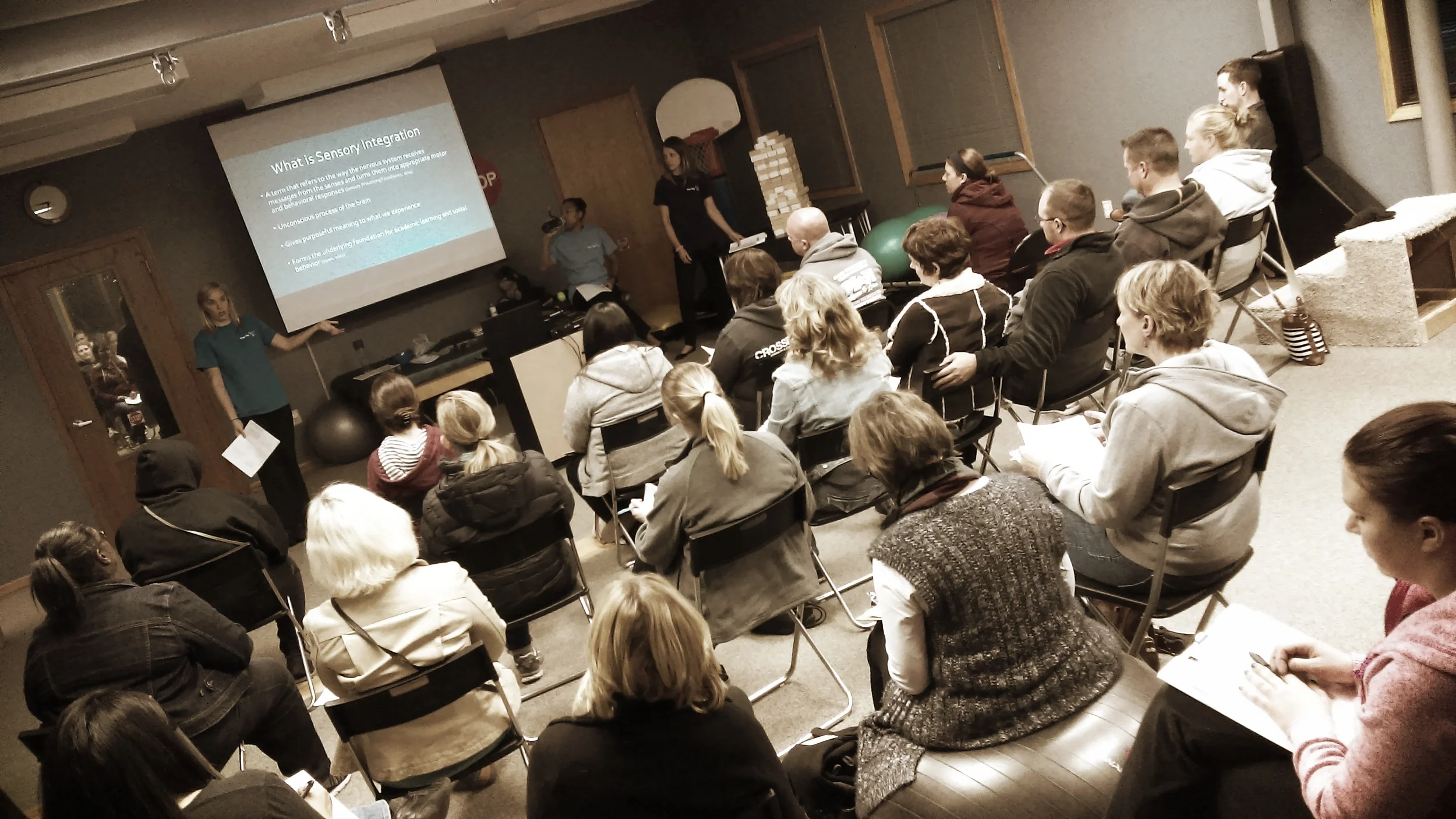June Safety Month: Internet Safety
/June is Safety Awareness Month and today we’d like to talk about internet safety for kids. The internet has so many wonderful ways kids can safely interact including music, games and educational tools. But we also need to acknowledge that there is a dark side to the internet as well.
The United States Department of Health has created a national campaign called Know2Protect whose goal is to provide “national public awareness campaign developed by the Department of Homeland Security to educate and empower children, teens, parents, trusted adults and policymakers to prevent and combat online child sexual exploitation and abuse (CSEA).” Their website can be found here - https://www.dhs.gov/know2protect/about.
We encourage you to spend a few minutes on this site, it’s really well done and provides a lot of great information. We’d like to focus on a number of action steps that can be taken to help empower and protect your children and teens.
Have the talk. No, not THAT talk (but you should probably do that too!) but rather the talk about the darker side of the internet. We all know there is more than music, games and educational tools on the internet and we shouldn’t pretend there isn’t. As Know2Protect states “It’s never too early to start talking to children and teens about the risks they face online and continue talking about them at every age. Like teaching a child how to safely cross the street, continuous discussions and reminders are key to safe online habits.” Please check out this list of action steps for younger children and teens, please go here.
Here is Know2Protects list of Top 10 Tips2Protect
1. Start an open, two-way conversation with your child.
2. Password-protect or control access to your child’s app store and gaming downloads.
3. Set time and area limits for use of devices and set device check-in times.
4. Set all apps, games and devices to private.
5. Turn off location data services on social media and nonessential apps.
6. Talk about data permanency. Online data can last a lifetime.
7. Create a contract with your child regarding online behavior.
8. Know your child’s friend lists. Remove strangers.
9. Warn your child that they should never leave a game to chat with someone they don’t know on a different platform.
10. Do not delete messages, images or videos from predators and do not forward any sexually explicit images or videos. Save usernames, screenshots and images or videos as evidence for law enforcement to collect directly from the device.

